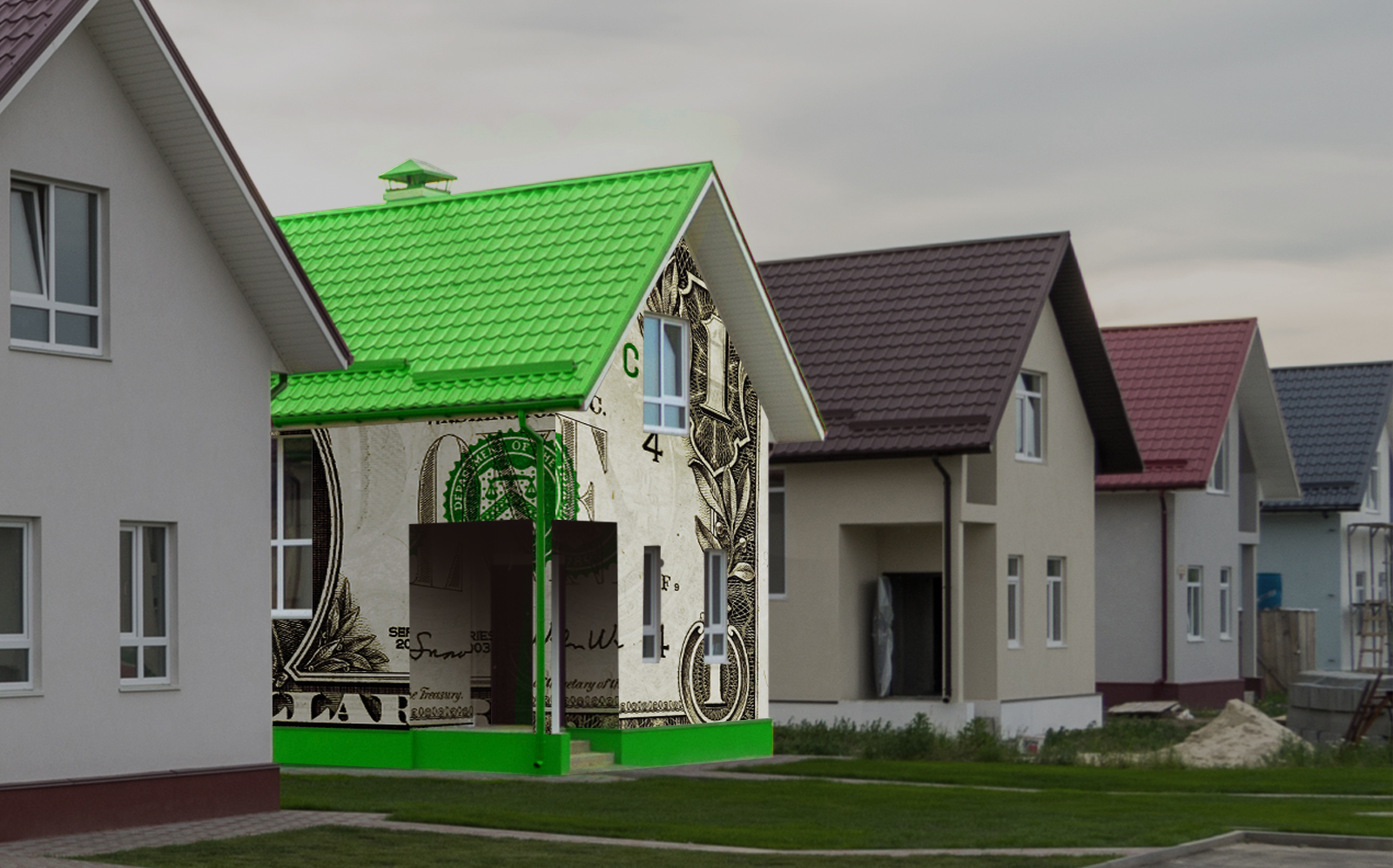Applications for home loans fell last week as rates ticked up and the average loan size neared the $400,000 threshold.
An index that tracks mortgage applications to buy homes dropped 4 percent, seasonally adjusted, from the prior week, according to the Mortgage Bankers Association’s survey.
The MBA metric, known as the purchase index, had reported week-over-week gains for the preceding two weeks.
Read more



Joel Kan, MBA’s head of industry forecasting, noted that the unadjusted volume of applications to buy homes was still up significantly year-over-year, tracking with the housing market’s ongoing strength.
He pointed to the average loan size as further evidence of strong buyer demand, despite last week’s dip. The average purchase loan rose to a record high of $395,200, up from $384,000 the week before.
“The average purchase loan amount has steadily risen in line with the accelerating home-price appreciation occurring in most of the country,” said Kan, citing strong demand and extremely low inventory levels.
Housing prices surged last year with existing homes closing 2020 with a median price of $309,800.
Refinancing activity also dropped last week. MBA’s index following refinance requests fell by 5 percent last week. Kan attributed the decrease to mortgage rates increasing.
The average 30-year, fixed-rate mortgage ticked up to 2.95 percent, up three basis points from 2.92 percent. The average jumbo rate went the other way, falling two basis points to 3.17 percent.
Despite the slight increase, Kan said last week’s indices indicate that “borrowers are increasingly more sensitive to higher rates.”
The MBA’s weekly survey tracks 75 percent of the residential mortgage market and has been running since 1990.
